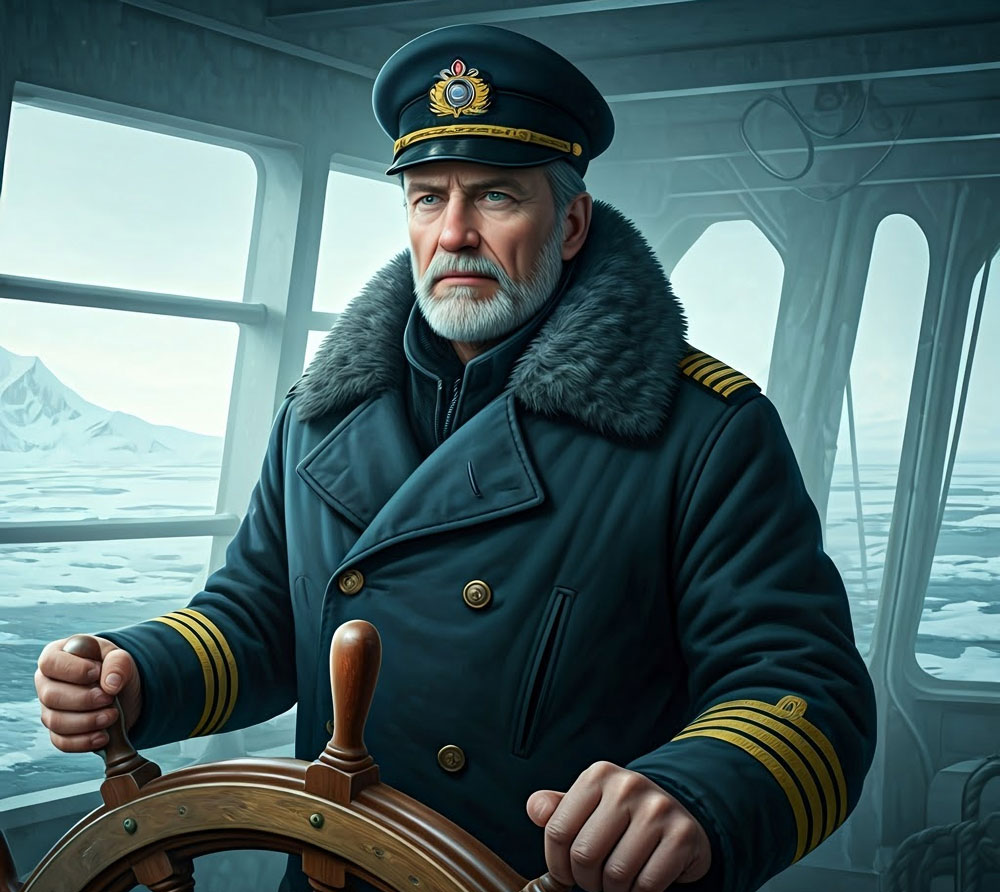“From the very beginning, make it your practice to say to every harsh situation, ‘You are an impression and not at all what you appear to be.’ Next, examine and test it by the rules you possess, the first and greatest of which is this – whether it belongs to the things in our control or not in our control, and if the latter, be prepared to respond with, ‘This is nothing to me.’”
Epictetus
Who’s the captain of your ship? Have you ever considered why some things can draw a reaction from you, while other situations can pass you by unbothered? Do you choose your response in accordance with the way you want to react, or are you the reactionary cart tied inextricably to the horse of emotion? Do you perceive these reactions as the result of your conscious mind or unconscious mind; is there an awareness present?
When are you at cause and when does causation become ef- fect? Does the event precipitate the reaction or is the reaction a preconscious catalyst for the event itself?
When I coach, I often gift my clients a book at the start of their coaching journey; the book is Viktor Frankl’s seminal Man’s Search for Meaning. I give this book for two uncon- nected reasons. Firstly, I want them to commit to action be- tween our sessions; if they do not start reading the book be- tween sessions, we can discuss their commitment to change. Secondly, I believe that Man’s Search for Meaning represents one of the most outstanding books ever written to under- stand the elementary human choices we have in any given situation, regardless of circumstance, suffering or despair. The book is set against the backdrop of the Nazi run Ausch- witz and Dachau concentration camps and details the almost unimaginable brutality suffered there during World War 2. Dr Frankl draws incredible observations and subsequent conclusions about the human mind and body’s indomitable spirit and resilience.
Frankl writes about the desire to hold onto his last freedom – the ability to choose his reaction in any given situation, regardless of the external conditions. He believed that whatever the Nazis took from him, or did to him, he could make a conscious choice, which led to his reaction to the situation. The effect was not pre-determined by the cause. This last freedom gave him a purpose in a reality that was very much with- out many, if any, positives. As he wonderfully penned: “a person with a why can overcome any what”.
Reflection: Consider the last time you lost your temper. Now consider how, once calmed down, you perhaps thought very differently about the situation. Had you the ability to jump forward in time to the calmer ‘state’ of thinking, would you have acted differently? Of course, this is not always easy to practically apply, but with perseverance and temperance, these reactions can be overridden with the response you would prefer to choose. We still have choices available to us in any scenario or situation and pursuing the mindset that enables you to select your reaction will reap incredible rewards in the future. The captain never chooses the weather but he no doubt influences the outcome of the storm with his actions.




